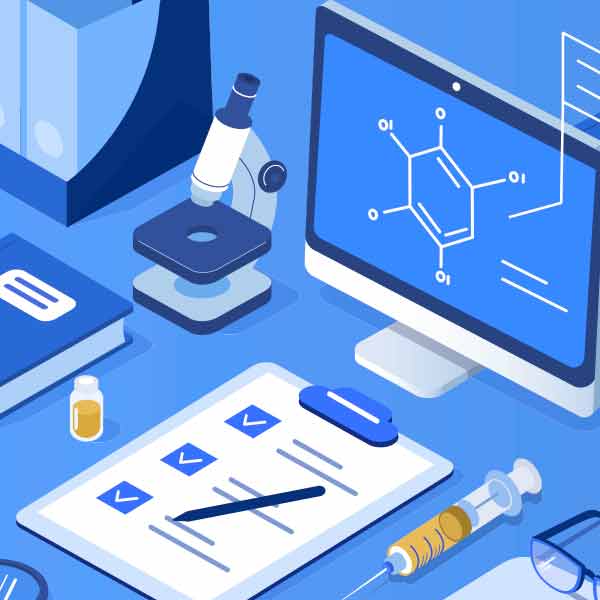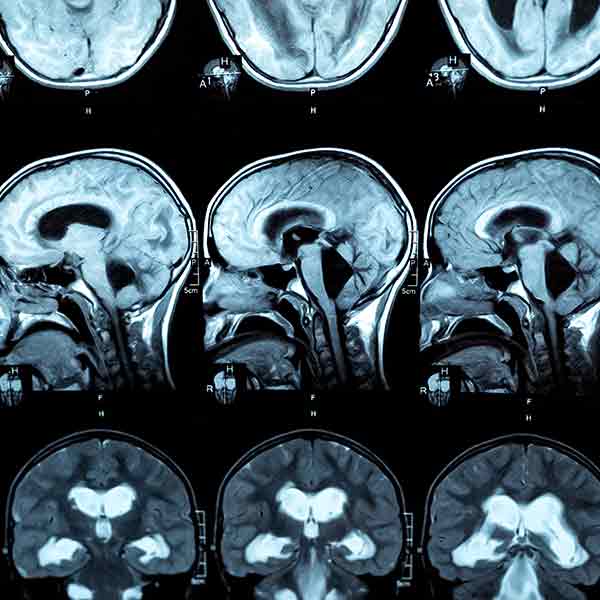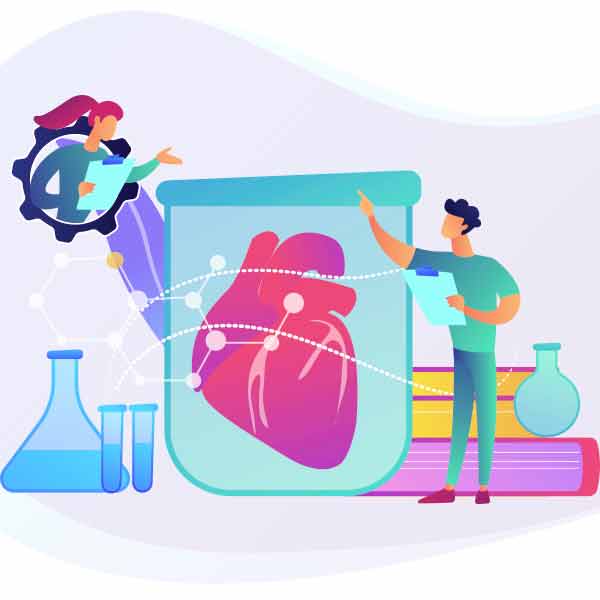Seminars for high school classes
Our department offers a number of online seminars, geared toward students in grades 9-12, introducing the wide variety of career pathways that are possible with a degree in chemical engineering. Topics include: drug design and delivery, biomedical and tissue engineering, clean energy, cryptography and cybersecurity. If you are interested in hosting one of these seminars in your classroom, please use the contact form below.
 Rational design of hitchhiking molecular vaccines
Rational design of hitchhiking molecular vaccines
Haipeng Liu, Associate Professor
Description: The talk will illustrate how fundamental principles in Materials Science and engineering can be applied to the design and optimization of drug/vaccine formulations, providing new insights in the field of drug design and delivery.
 Cryptography, automated systems and other exciting uses of mathematics
Cryptography, automated systems and other exciting uses of mathematics
Helen Durand, Assistant Professor
Description:This discussion will focus on cutting-edge topics in automation, with details on how they relate to mathematics which enable us to achieve new things in that domain. We'll give some background on topics such as cryptography and cybersecurity, machine learning and artificial intelligence, and quantum computing, discussing how they relate to control/automation, optimization, and design.
 Healing hydrocephalus: Draining the brain with science!
Healing hydrocephalus: Draining the brain with science!
Carolyn Harris, Associate Professor
Description: This seminar will begin by briefly introducing the students to what hydrocephalus is and who it affects. We will then discuss current treatment and the issues they pose. Next, a general overview of our research will be discussed. Lastly, we will end by letting the students know what they can do to help and encourage them to pursue STEM degrees to help people.
 Building organ transplants from cells and materials
Building organ transplants from cells and materials
Howard Matthew, Professor
Description: Organ transplants save lives, but there aren't enough organs available for all the people that need them. Tissue engineering technology may allow us to build new transplantable organs from a patient's own cells. This presentation will describe how materials and cells can be combined to make working mini-organs and in the long run, full-sized organs for transplantation.